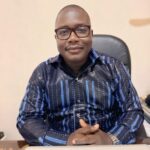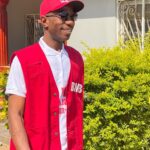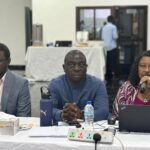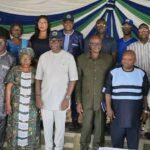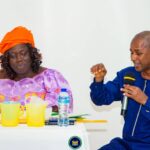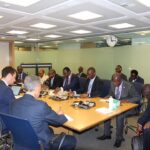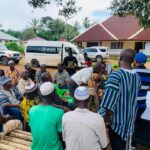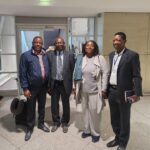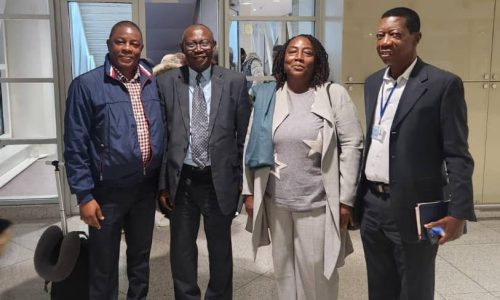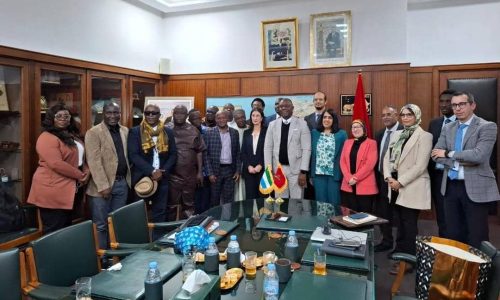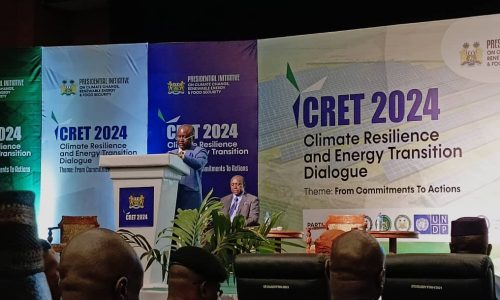CHRDI CONDEMNS POLICE BRUTALITIES AGAINST UNIVERSITY STUDENTS
Campaign for Human Rights and Development International -CHRDI has viewed with shock a horrendous video circulating on social media of police officer(s) brutalizing un-armed university students at Njala University in Southern city of Bo in Sierra Leone. Police brutality and excessive force reflect a profoundly unjust criminal justice system in the country, this is not an isolated event and illustrates a bigger problem in Sierra Leone, as such reckless behaviour among law enforcement officials, the lack of proper implementation of rules and regulations governing the use of force, and the inadequacy of training of enforcement officials. The CHRDI is of the firm conviction that the reaction of the Police to dissenting voices is tantamount to denying citizens the right to protest peacefully. The CHRDI strongly believes that peaceful protest is a fundamental civil liberty and it behoves the Police who are enforcers of the law to recognise that right and ensure they provide the enabling environment for citizens to exercise it. The constitutional responsibility of the Police in relation to the right of citizens to protest, stops at keeping the peace, protecting the citizens who want to protest and creating the enabling environment by ensuring crowd and traffic management as the case maybe.We believe that Government stands firmly behind this failure to bear responsibility for ensuring that no child or young person in Sierra Leone is without education. The Ministry of Education and by extension the government of Sierra Leone have shown a clear lack of focus in the implementation of the Universal access to quality education, thereby creating an ‘education deficit’, a shortfall between the educational reality that university students experience around the country and what government promised and committed itself through human rights treaties. This not only undermines the fundamental human right to education, but has real and dire consequences for the country’s development. Education is not a privilege – it is a basic human right. Education is imperative to the promotion of human rights; it is both a human right in itself and an indispensable means of realising other human rights. The UN should continue to hold all governments accountable for violations of the right to education. Both individuals and society benefit from the right to education. It is fundamental for human, social and economic development and a key element to achieving lasting peace and sustainable development. It is a powerful tool in developing the full potential of everyone and in promoting individual and collective well-being.The UNESCO Convention against Discrimination in Education seeks not only to ban discrimination, but also to promote equal opportunities and equal treatment in education for the individual. Campaign for Human Rights and Development International (CHRDI), believes that Education is a vehicle for empowerment, education can give marginalised adults and children the means to escape from poverty and participate meaningfully in their societies. Education is vital to empowering women, to safeguarding children from exploitation and hazardous labour, to the promotion of human rights and democracy and to the protection of the environment. Education, however, is frequently discussed in the language of economics. Governments often simply equate an investment in education with an investment in the national economy. Educational services, especially at the tertiary level, are habitually considered tradable goods – removed from a wider human rights context. We are call on the Government of Sierra Leone to respect the right to education of all students especially those who are now suffering gross neglect and an abuse of their Human Rights at Njala University. We are urging the government of Sierra Leone to quickly address the concerns. The CHRDI would like to emphasize that the right of assembly in a public place is truly one of the cornerstones of citizens freedom. It represents the exercise of the right to bear witness and bring peaceful pressure to bear on rulers who have acted against their interest. Article 11 of the AFRICAN CHARTER ON HUMAN AND PEOPLES RIGHTS , also embodied in “CHAPTER III Of THE COUNTRY 1991 CONSTITUTION -THE RECOGNITION AND PROTECTION OF FUNDAMENTAL HUMAN RIGHTS AND FREEDOMS OF THE INDIVIDUAL clearly states in section 26 that “Everyone has the right to freedom of peaceful assembly and to freedom of association with others.” We also want to state very emphatically that the Sierra Leone Police has no right to deny a fundamental freedom in this way. Their duty is to uphold Citizens rights, not to conspire against them. Police officers within the SLP should guarantee the security of the people and not generate insecurity. We urge the Government to condemn publicly any attack or threat of violence against students and to ensure that no further harm comes to them. Note: Campaign for Human Rights and Development International (CHRDI ) is a Rights based social-policy advocacy Organisation. We Draw attention to the responsibility of duty-bearers to uphold human rights, and seek to support rights-holders to claim their rights. CHRDI is in Special Consultative Status to the United Nations Economic and Social Council and accredited to many UN Agencies.


